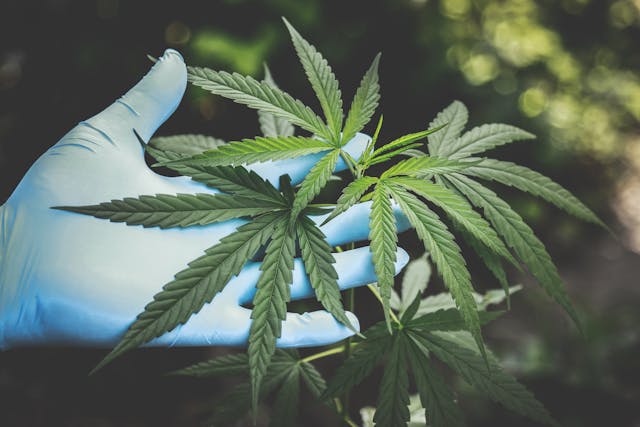Five years ago, speculators seemed sure hemp was poised to become the next boom crop in Michigan. That’s changed. Now the state’s hemp farming program is on life support.
Dreams of a supply chain able to convert raw hemp into building materials, clothing, animal feed, biofuels and more, never materialized.
The most lucrative use of hemp remaining is usually borderline illegal, although laws are rarely enforced by more than a warning letter.
The biggest buyers of hemp are out-of-state CBD producers, many of whom make drinks and gummies – which violates the FDA ban on CBD as a food ingredient – or use chemical processes to convert CBD to inoxicating THC, which is sold illegally at gas stations, head shops and online.
Those gray-market CBD producers are supplied by large hemp producers. The startup hobby and craft farmers who attempted to enter Michigan’s fledgling market couldn’t compete, insiders tell MLive.
As of March, the Michigan Department of Agriculture and Rural Development (MDARD) had issued 11 hemp farming licenses, a steep drop from the high of 631 in 2020.
In 2020, hemp farmers were registered to plant 15,008 acres. It’s 272 acres this year. The licensing window remains open through the fall and licensing numbers are expected to increase.
Farmers cite a lack of infrastructure to create hemp-based products, confusing and inconsistent rules, high risk and lack of enforcement as reasons they’re giving up.
Read the rest of this story at MLIVE







